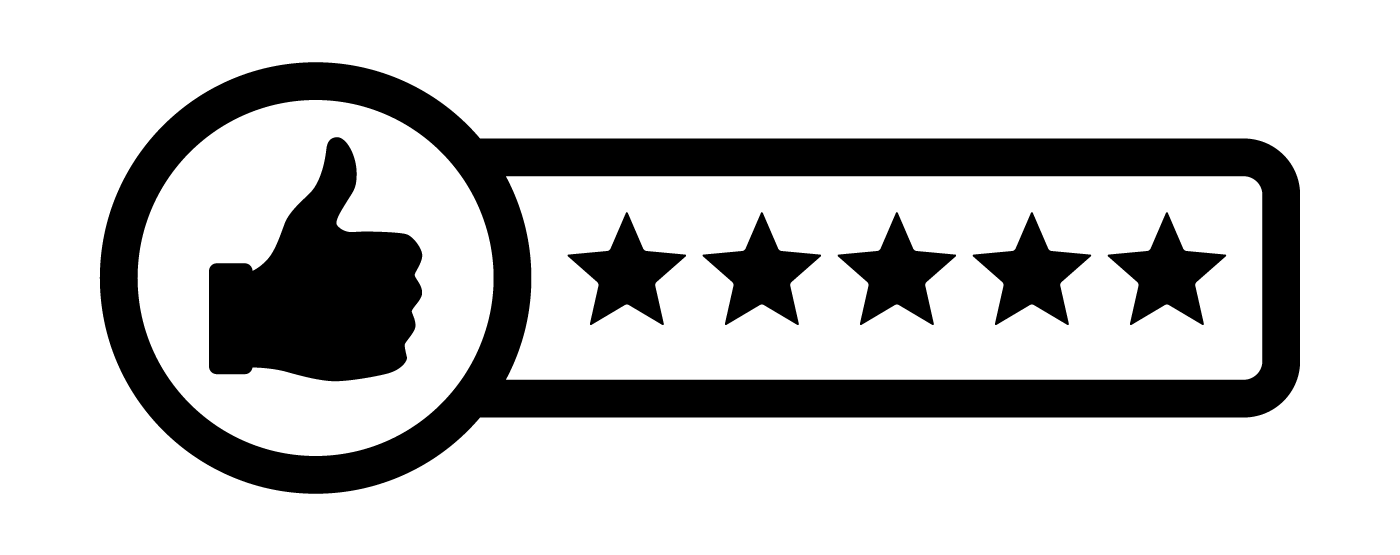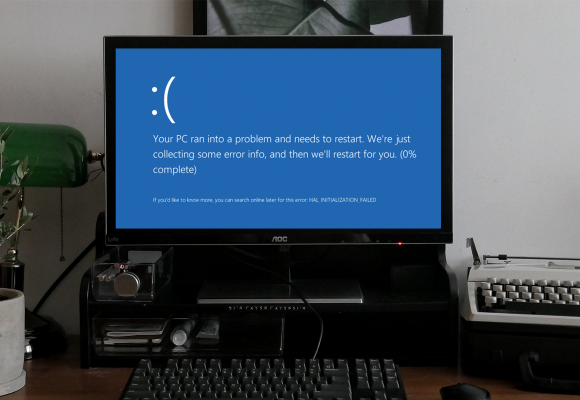
Want to Improve Your Health? Create a Routine... Here Are 7 Benefits of Having a Routine
When it comes to your overall health, having a routine is absolutely critical not only for your physical well-being, but also for your own sanity. While everyone’s feelings about routines are different — and many people who love routines may already have one — it’s absolutely worth it to establish daily habits and set schedules. Here are 7 significant health benefits of having a daily routine; prepare to be surprised.
1. Reduces Stress
Low stress levels are critical to physical wellness, so the importance of routinecannot be understated. When you’re stressed out, you’re likely wreaking havoc on your body in the form of headaches, chest pain, sickness, fatigue, and sleep issues. As a result, Mayo Clinic reports that you can also deal with anxiety, depression, a lack of motivation, anger problems, drug or alcohol abuse, eating disorders, and social withdrawal.
If that’s not bad enough, trust us: it gets worse. According to WebMD, long-term stress levels can result in psoriasis, ulcerative colitis, heart attack, and stroke. Pretty scary, right?
Whether you’re already facing enormous amounts of stress — or simply aware that life’s stressors could overwhelm you at any moment — it’s important to take action. Regular physical activity, relaxation techniques, socializing with loved ones, making time for your hobbies, and yes, having a routine are all facets of stress reduction.
Now, why is it that having a routine is so important?
It’s rather simple, actually. The benefits of a routine largely result from the increased predictability of your day-to-day life. Sure, unexpected pop ups may occur — both good and bad — but in general, you’ll be better equipped for each day.
2. Reduces Procrastination
Let’s talk procrastination. We know, we know, it happens to the best of us. Luckily, having a daily routine can combat that bad habit.
Perhaps there’s a weekly report that you always wait to complete until the end of the day on Fridays. Unsurprisingly, you frequently end up under the wire and stressed out, all thanks to unnecessary procrastination. However, a routine can change that significantly. By making a commitment to working on the report throughout the week, every day at 1:00 pm for example, you can ensure that procrastination doesn’t leave you in a pickle.
The benefits of a routine extend beyond the workplace. How often do you sit on the couch in the evening, knowing you should head to the gym but tell yourself you’ll do it “soon”? Before you know, it’s midnight and you need to head to sleep… but you never made it to the gym. Instead of procrastinating and doing yourself a disservice, set a time to go to the gym — morning, afternoon, or evening — and stick to it.
Procrastination can also affect your social life. Holding off responding to friend’s and family’s calls, texts, and invites, skipping social events because you didn’t have time to get ready, or simply being so burnt out from work that you decide to cancel your plans, are all signs of a lack of routine that can impede your socialization. Instead of putting a strain on your personal relationships and failing to socialize for your own sake, you’ve let procrastination win once again. If this sounds all too familiar, it doesn’t have to be. Carve out daily schedules and reap the benefits of having a routine.
Which leads us to our next point…
3. Better Time Management
If you’re a chronic procrastinator, it’s likely that time management isn’t your forte. Conversely, it’s possible to rarely procrastinate yet still be lousy at managing time. Time management isn’t just about doing things on time; it also includes doing things early when necessary. Additionally, with proper time management and a structured routine you can leave gaps for fun, spontaneous activities.
4. Workplace Efficiency
Work may not always be fun, but it’s a necessary evil. Instead of dreading it and dragging your feet to complete tasks, you can utilize a routine to your benefit. Create a calendar and input a daily schedule; you can even utilize one that sends you email or text reminders! If you have a job that has frequent meetings, you can add those in and adjust your work routine accordingly.

5. More Free Time
Once again, all the dots connect. If you’re improving your time management, making procrastination a rarity, and efficiently working at the office, naturally you’ll have more free time. Who doesn’t love that? Whether you’re a social butterfly or rather introverted, more free time means more life with less worries.
6. Better Sleep
If you’ve ever struggled with sleeping too much or not sleeping enough, you’ll understand just how important a routine sleep schedule is. If you’re staying up until 2:00 am some nights and going to bed at 10:00 pm others, your body will be all out of whack. As a result, you may face insomnia, sleep way too long, and/or have restless sleep. No fun, right? Having a routine lessens the possibility for sleep to affect your quality of life.
Setting a bedtime — or at least a fairly narrow window to go to bed — will ensure that your sleep habits are another aspect of your routine that contributes to your well-being.
7. Improved Eating Habits
You’ve slept late, didn’t manage your time well, and/or had such a hectic day that you just want to munch on the first thing in sight. Perhaps that includes donuts in the office, or maybe even something from a fast food joint for dinner. Sure, these indulgences are okay sometimes, but if they become a habit, your health will decline as a result.
Your body needs nutrients, well-balanced meals, and whole foods. When you’re feeling great and have time to spare to prepare fresh meals — or at least go grab a health-conscious pre-prepared meal — you’ll be fueling your body with what it needs to operate at its best. Now, that’s not to say that pizza and burritos don’t have their place. After all, we need to have our favorite guilty foods once in a while. But on a day-to-day basis, a great benefit of routines is that you have more time to eat good foods. Not to mention, it creates a healthy cycle. When you feel good from eating good foods, you’ll want to keep eating them. Three cheers for healthy habits!
Better Mental, Physical, and Social Health
We’ve touched on the importance of routines for health improvement, but let’s break it down once more.
Mental health: Being stressed from the constant strain of a hectic lifestyle will wear you down and put you at risk for anxiety, depression, and personality disorders. Even worse, if you’re already struggling with these illnesses, you’ll worsen your symptoms and well-being. A set routine can lessen stress and allow you to better cope with daily life.
Physical health: Remember: long-term stress can have harrowing effects on your physical health, potentially leading to serious digestive disorders, heart disease, and stroke. Not to mention, if the hustle and bustle of a fly-by-the-night attitude leads to unhealthy habits like poor sleep or bad eating habits, you can be doubling down on the health risks of disorderly routine.
Social health: Being social and interacting with the people you love is a key aspect of your well-being. We all know about mental and physical health, but socialization is often forgotten as a component of your overall health as well. When you have a routine, you benefit from more free time and the ability to engage with loved ones on a more regular and reliable basis.

What are you waiting for?
When the pros and cons are lined up, it’s hard to deny the importance of routine. The health and wellness benefits are huge, and the peace of mind that comes with predictability isn’t to be underestimated.
What if you’re a spontaneous person?
Not every likes schedules and routines. In fact, some people hate a regimented lifestyle so much that they refuse to abide by one at all. Keep in mind, though, that having a routine is different for everyone and doesn’t have to be that restrictive. For some people, it makes the most sense to create an hourly outline of work responsibilities, working out, social obligations, and the like. However, even if you have a more relaxed routine with just a few must-dos — such as, “I’ll go to the gym every day between 5:00 and 7:00 pm — you will reap major benefits.
Routines are useful habits for people of all ages, and having a routine is a wellness hack that you should adopt sooner rather than later. The initial headache of building a worthwhile routine is worth it when you consider the literal headaches (and worse) that you’ll be avoiding as you incorporate these healthy habits. After all, health is wealth.
by Alexis Dent





